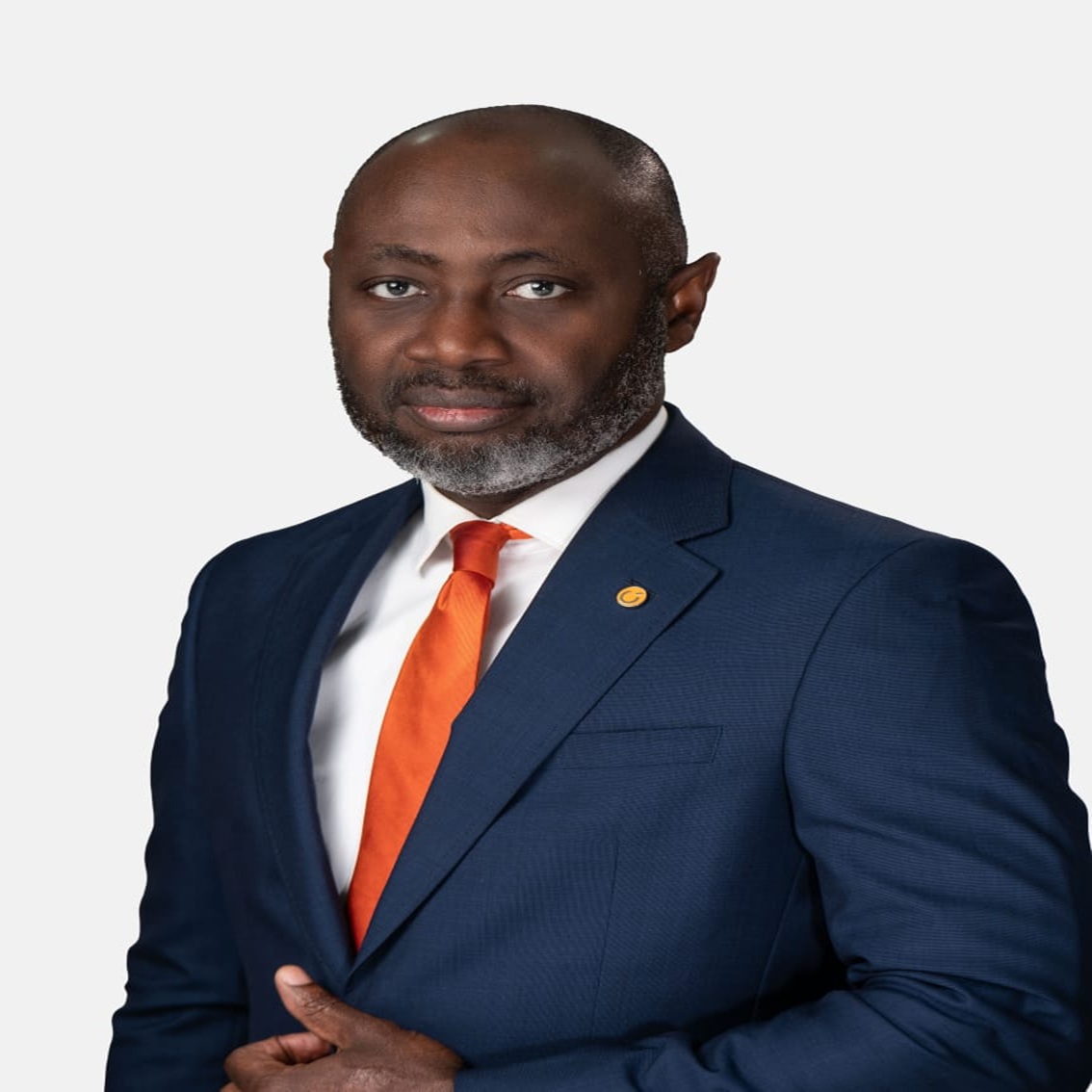News
Senate Asks Lai Mohammed to Account for N42m Spent on Travels

The Senate on Tuesday drilled Lai Mohammed, minister of Information and Culture, for some hours for spending N19 million on international travel and N23 million on local travel before the outbreak of the coronavirus (COVID-19) and subsequent lockdown.

Lai Mohammed
The Senator Danladi Sankara, All Progressives Congress (APC), Jigawa North West led Senate Committee on Information and National Orientation was baffled when the Minister at 2021 Budget defence disclosed the amount spent by the ministry as contained in its 2020 budget.
After the minister’s presentation, the Senate Committee expressed surprise how the ministry could spend such amount particularly when the country was on a lockdown due to the global pandemic.
Recall that the first phase of lockdown in Nigeria began on the 30th of March.
Trouble started when Senator Francis Onyewuchi, vice chairman of the Committee, PDP, Imo East questioned the minister to explain how such sums of money could be expended on travel against the backdrop that the COVID- 19 did not only affect Nigeria, but the entire world.
Senator Onyewuchi asked Lai Mohammed thus, “Let me take you on this your 2020 overhead. You have here on Local travels and transport appropriated is N30 million you expended N23 million on local transport you received N96 million as appropriated as released you expended N90 million.
“On International travels and transport, you had N43 million, you expended N19 million. So I am wondering this period of lockdown where nobody was able to go to any country during the 2020 appropriation how were you able to embark on international travels and you expended N19 million? So we need to look at that critically and you also tell us here in parliament how you were able to do that?
“Most part of the year we had travel restrictions. I am sure you will remember you did a lot of enlightenment programmes on this and I am sure you will remember that most of us were prevented from moving into other states; so I don’t know how you also had the luxury of spending the entire amount that was appropriated on those travels so those are the information we need to get from your expenditure.”
In his response, the Information Minister who noted that the amount was spent when they travelled for international summits along side an advocacy done in the United Kingdom before March, said, “You will notice that N43m was budgeted but less than 40% was spent precisely because of the COVID-19 and before then remember that we had travelled to attend several international summits starting UNWTO conference, UNESCO in Spain, in the UK. We have done advocacy in the UK at the same time.
“All before the Lockdown, I think our last trip was actually in Addis Ababa when we accompanied the President to the AU that was about March before the lockdown, the lockdown came at the end of March. So whatever we spent here was before the lockdown.”
Consequently, the Committee asked the Information Minister to forward to it, details of its local and international travels in the 2020 budget, just as it also questioned the Ministry for huge increase in its proposed 2021 budget.
In the Ministry’s 2020 budget, N4 billion was proposed, but N2.9 billion was appropriated while in 2021, N400 billion has been proposed.
In his explanation, Mohammed said that the increment was due to the reviewed national minimum wage.
News
InfraCredit, AMDA Sign Partnership to Unlock Local Financing for Africa’s Mini-grid Sector

InfraCredit, a specialised infrastructure credit guarantee institution, has entered into a strategic partnership with the Africa Minigrid Developers Association (AMDA) to boost access to long-term local currency financing for mini-grid and distributed renewable energy (DRE) projects across Africa.

The agreement aims to strengthen market development and address long-standing financing barriers in the mini-grid sector, especially in Nigeria and other underserved African markets.
The collaboration is aligned with InfraCredit’s Clean Energy Funding Programme (CEFP), which offers credit enhancement, due diligence support, and technical assistance to renewable energy developers.
“With an estimated 86 million Nigerians, alongside hundreds of millions across Africa—still living without electricity, bridging this energy access gap demands a pipeline of investment-ready, well-prepared projects that can unlock scalable capital and accelerate financial close,” said Chinua Azubike, CEO of InfraCredit.
“This partnership creates a practical pathway to scale the impact of our Clean Energy Funding Programme by equipping more developers to structure commercially viable mini-grid and DRE projects that qualify for long-term local currency finance,” Azubike added.
Through the agreement, both InfraCredit and AMDA will work together to facilitate technical assistance, share toolkits, and deploy credit modelling frameworks, including InfraCredit’s Distributed Renewable Energy Lending Toolkit (DRELT) and DRE Credit Rating Model. These tools aim to enhance the bankability of projects and improve developers’ ability to secure patient capital in local currency.
AMDA, which represents mini-grid developers operating in over 20 African countries, brings deep sector expertise and a strong network of DRE operators to the partnership.
According to Lamide Niyi-Afuye, CEO of AMDA, the collaboration addresses one of the most persistent challenges in the sector.
“We are pleased to collaborate with InfraCredit to address one of the most persistent barriers in the minigrid sector, access to affordable, long-term local currency finance,” said Niyi-Afuye.
“By aligning AMDA’s advocacy and technical support efforts with InfraCredit’s proven models and tools, we aim to accelerate the deployment of resilient, decentralised energy solutions that deliver tangible socioeconomic benefits in Africa. We view this partnership as a blueprint that will be used beyond borders, paving the way for broader regional impact,” he added.
The partnership will also support the development of transaction-ready pipelines, capacity-building initiatives, and investor-developer forums aimed at improving market transparency and accelerating the roll-out of commercially viable mini-grids.
By facilitating access to domestic blended finance and strengthening project preparation, the partnership hopes to unlock greater private sector participation, mobilise local capital, and expand clean energy access across unserved and underserved communities in Africa.
News
Transcorp Power Posts Strong Half-Year Profit, Declares ₦11.25Bn Dividend

Transcorp Power Plc, one of Nigeria’s foremost electricity generating companies and a key subsidiary of Transnational Corporation Plc, has reported a robust financial performance for the half-year ended June 30, 2025.

In a statement issued on Sunday in Delta, the company disclosed a significant revenue growth of 52 per cent year-on-year, rising to ₦205.8 billion from ₦135.4 billion recorded in the corresponding period of 2024.
The company said that its gross profit surged to ₦77.6 billion, with a gross margin of 23 per cent, while profit before tax grew to ₦58.7 billion, representing a 15 per cent increase compared to ₦51 billion in H1 2024.
It attributed the improved performance to increased generation capacity, strategic investment in infrastructure, and enhanced operational efficiency.
Speaking on the development, the Chairman of Transcorp Power, Mr Emmanuel Nnorom, said the half-year results reflect the company’s commitment to disciplined cost management and sustainable value creation.
“Our resilient performance despite economic headwinds reaffirms investor confidence in our long-term prospects,” he said.
The company also declared an interim dividend of ₦11.25 billion, amounting to ₦1.50 for every 50 kobo ordinary share, subject to withholding tax.
Commenting on the operational gains, the Managing Director and Chief Executive Officer, Mr Peter Ikenga, said Transcorp Power increased its generation capacity by 100MW within the period.
“We remain focused on powering Nigeria and Africa, as we build on our momentum into the second half of the year,” Ikenga said.
Transcorp Power is a listed entity on the Nigerian Exchange and operates as one of the country’s leading power generation companies, with a track record of driving economic growth through reliable electricity supply.
News
Lawyers Drags NLS to Court for Alleged Election Fraud, Data Violation

Two Nigerian lawyers have sued promoters of the Nigerian Law Society (NLS) over allegations of electoral fraud and unlawful use of personal data.

The legal actions follow the recent election conducted by the NLS, a breakaway association formed as an alternative to the Nigerian Bar Association (NBA), to elect its national officers.
In one of the suits, marked FHC/ABJ/05/1506/2025 and filed before the Federal High Court in Abuja, a lawyer, Timothy Tersugh Ahua, is challenging the conduct of the election and the legitimacy of the electoral process.
Ahua named several NLS promoters, including prominent lawyers, as defendants.
They include Senior Advocates, Chief Mela Audu Nunghe, Dr. Ugoji Eze, Secretary of the NLS Electoral Committee, and Chief Bolaji, Chairman of the NLS.
Others named in the suit are Ferguson Chioma Blessing, Chief Emeka Ichoku, and Tejumola Adigun.
Citing provisions of the Federal High Court Civil Procedure Rules, Ahua is asking the court to declare that the NLS electoral process violated its constitution.
He is seeking a declaration that all unopposed candidates, including himself, be declared elected, as published by Dr. Tonye Clinton Jaja, the alternate Chairman of the NLS Electoral Committee.
Ahua claims he was duly nominated for the position of Secretary General but was unjustly excluded, accusing the defendants of hand-picking candidates in breach of the rules.
He further alleged that the exclusion caused him financial loss, reputational damage, and personal hardship, urging the court to correct what he described as a grave injustice.
In a separate suit before the Federal High Court in Abeokuta, another lawyer, Oluwadare Thomas, sued Chief Mela Nunghe, a Senior Advocate of Nigeria, Dr. Ugoji Eze, the Corporate Affairs Commission (CAC), the National Information Technology Development Agency (NITDA), and the Nigerian Data Protection Commission (NDPC), over alleged violation of his data privacy rights.
Thomas is asking the court to determine whether the use and publication of his personal data by NLS election officials without his consent amounts to a breach of Section 37 of the 1999 Constitution and the Nigeria Data Protection Act, 2023.
He also wants the court to consider whether the use of the NLS name for the election, despite a CAC notice and a pending suit, constitutes contempt of court and abuse of legal process.
He is seeking several declaratory and injunctive reliefs, including a court order restraining the continued use of his personal data and an order compelling NITDA and NDPC to investigate and sanction the respondents.
Thomas is also demanding N50m in compensation for the alleged unlawful processing and exposure of his personal information.

 E-Business2 days ago
E-Business2 days agoHuawei Unveils AI Computing System to Challenge Nvidia’s Flagship Product

 E-Financial2 days ago
E-Financial2 days agoUnion Bank Rewards Customers with ₦5 Million Each in Save and Win Palli Promo Season 4 Grand Finale

 E-Financial2 days ago
E-Financial2 days agoEdun, Finance Minister Inaugurates NDIC New Management

 News2 days ago
News2 days agoLawyers Drags NLS to Court for Alleged Election Fraud, Data Violation

 General News2 days ago
General News2 days agoNew Tax Law Empowers NRS to Fine Offenders up to N10m

 Broadcasting2 days ago
Broadcasting2 days agoCourt Upholds AVRS Legal Rights to Licence Audiovisual Works in Hotels

 Telecom2 days ago
Telecom2 days agoNASENI, Nigerian Air Force Renew Strategic Partnership to Drive Indigenous Defense Technologies

 General News2 days ago
General News2 days agoTaskforce Arrests Six for over Fake Lottery Scam



























